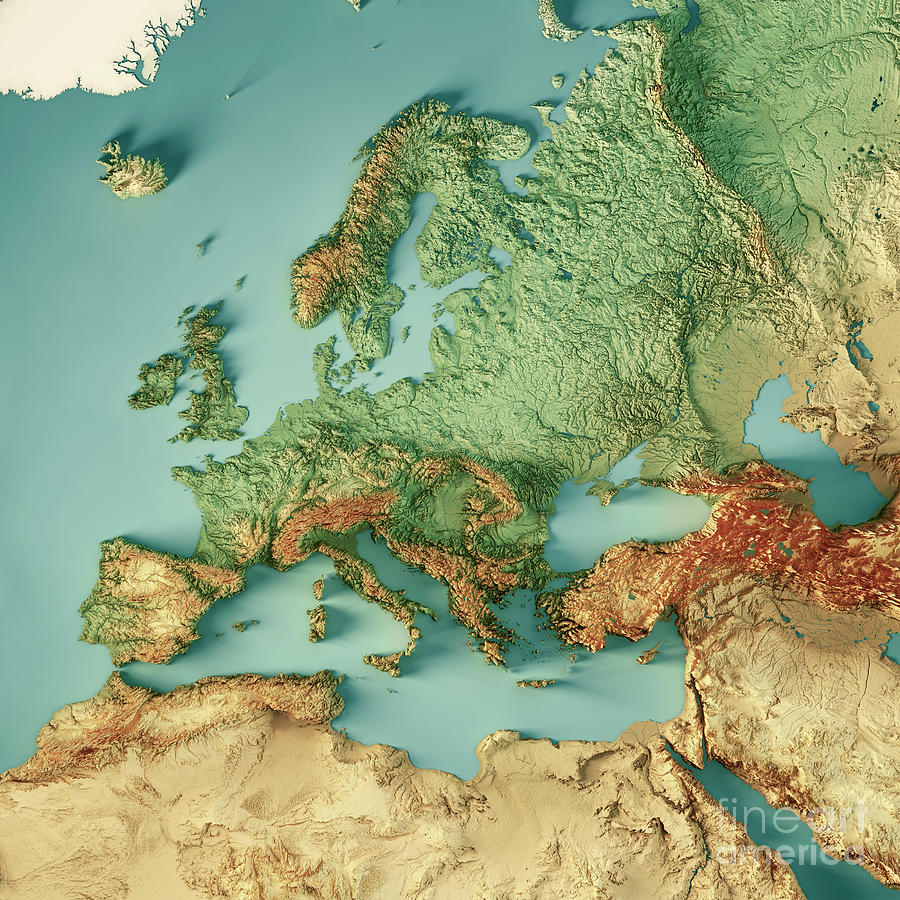

Seafile is not FOSS, as I understand it. But I tried it anyway, since I also found Nextcloud bloated.
In the end I went back to the purest strategy of all: peer-to-peer. My files are synced between devices over the local network using ssh, rsync and unison and never touch an internet server.




Pet peeve. Whatever three-quarters of the world seems to believe, any sewerage system can handle TP. That is: real TP has almost zero fiber integrity, it literally turns to goop on contact with water. Goop that has no more structural consistency than an average pile of sh*t. If still in any doubt then just make sure to flush it in single sheets, each one will be a pea-sized ball of goop. This misunderstanding seems to be purely cultural. I’ve been to a ton of developing countries, all with the usual dodgy sewerage systems and narrow-bore pipes. Yet only some of them, notably Latin America, have the disgusting cultural norm of TP bins. The rest understand that there is a difference between TP and paper towels designed for the kitchen and your face. TP is always flushable, by design.